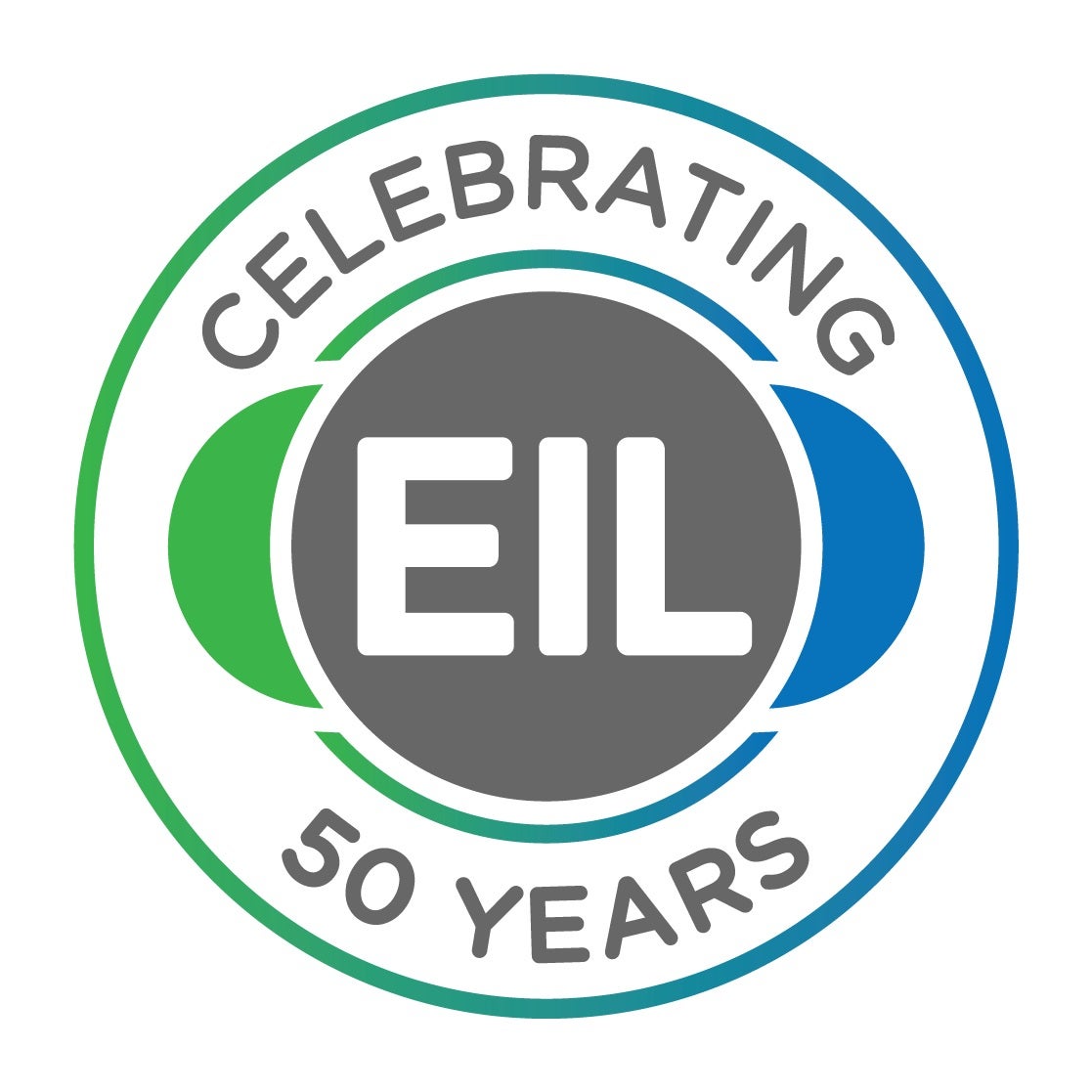The University of Waterloo-Environmental Isotope Laboratory (UW-EIL), a research group within the Department of Earth and Environmental Sciences, develops and applies isotope technology to the Environment. The UW-EIL resources are used primarily in the fields of Earth Sciences and Biology. Many other environmental applications are available.
Founded in 1971 by Dr. Peter Fritz, UW-EIL is today a modern research facility at the fore-front of developing isotopic techniques for research applications, a role that far outstrips that of a routine facility. New frontiers are developing rapidly in the isotope field and access to new techniques is critical to maintaining our position as world class researchers in environmental isotopes. The development of these techniques is time consuming and labour intensive. Individual researchers or even a small group of researchers could only afford to develop some of these capabilities in a very narrow area of application. However, collaboration of UW-EIL with University of Waterloo faculty allows for this success. The UW-EIL is the only major isotope facility in Canada with this concentration of faculty with substantial isotope research interests.
The Lab can analyze isotopes of hydrogen (δ2H, 3H), carbon (δ13C, 14C), nitrogen (δ15N), oxygen (δ18O), sulphur (δ34S), chlorine (δ37Cl), bromine (δ81Br) and strontium (87Sr/86Sr) in almost any compound in which they occur.
The core of professors that apply and develop new applications of isotope techniques include Dr. Ramon Aravena, Dr. Shaun Frape and Dr. Sherry Schiff. These projects continue with the active participation of UW-EIL manager Rhys Gwynne, MSc.
Main Research Areas
- Groundwater Flow Dynamics
- Deep Groundwater Flow Systems
- Groundwater Flow Dynamics
- Groundwater Geochemistry
- Groundwater-Surface Water Interactions
- Evaluation of Aquitards
- Organic Contaminants in Groundwater
- Nitrogen Cycle in Groundwater
- Forested Watersheds and Wetlands
- Paleoclimate and Paleohydrology
- Biological Applications
